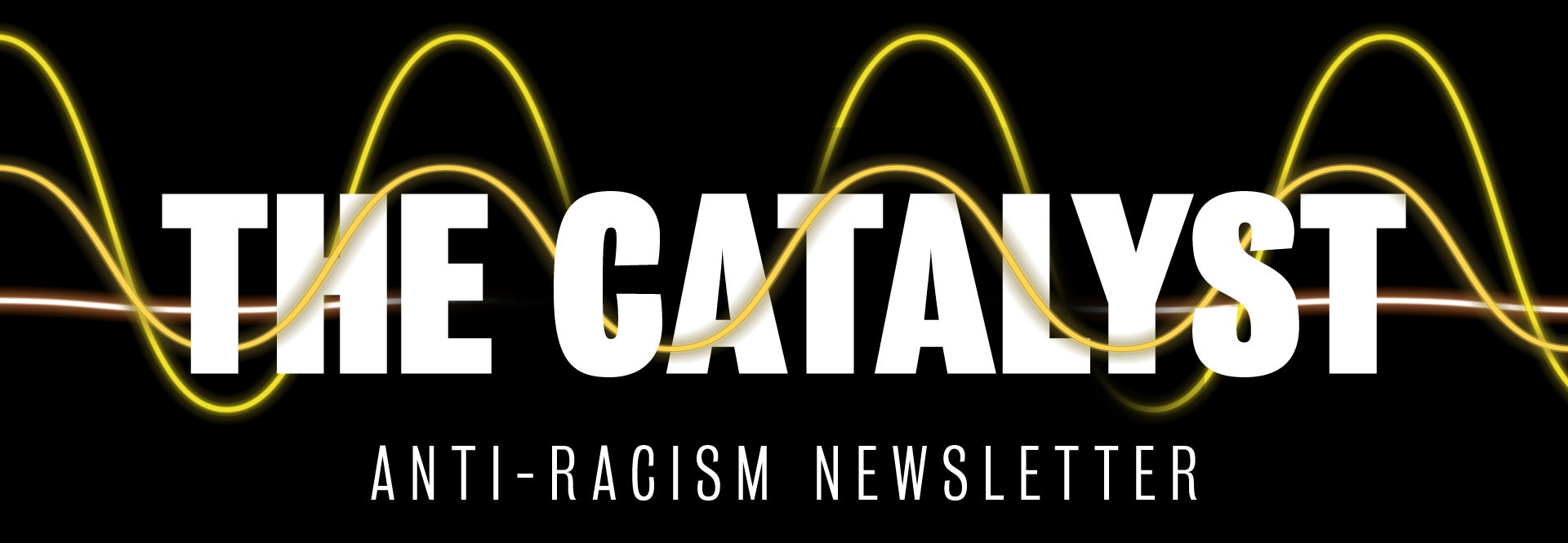
Welcome to the 17th issue of The Catalyst Anti-racism newsletter.
The Catalyst provides the University community with monthly updates from individuals and teams working across campus to counter systemic racism and oppression and highlights excellence from Black, Indigenous and other racialized groups.
Click here to read past issues of the Catalyst.
In this issue:
- Treaties Recognition Week 2022, November 6-12
- Celebrating Latin American Heritage month
- Meet Rafael Ponciano, 4B Honours Spanish student
- Meet Adanna Amechi, Engineering student, founder of The President Braids, and a winner of the Velocity $5k pitch competition
- Meet Dr. Sandra Lopez-Rocha, Intercultural Learning Specialist at the Student Success Office
- “Go Mommy”
- Our options for saving the Earth are becoming riskier
- Indigenous Speakers Series presents Talena Atfield
Subscribe to The Catalyst to receive each issue directly to your inbox

Anti-racism across campus
Treaties Recognition Week 2022, November 6-12
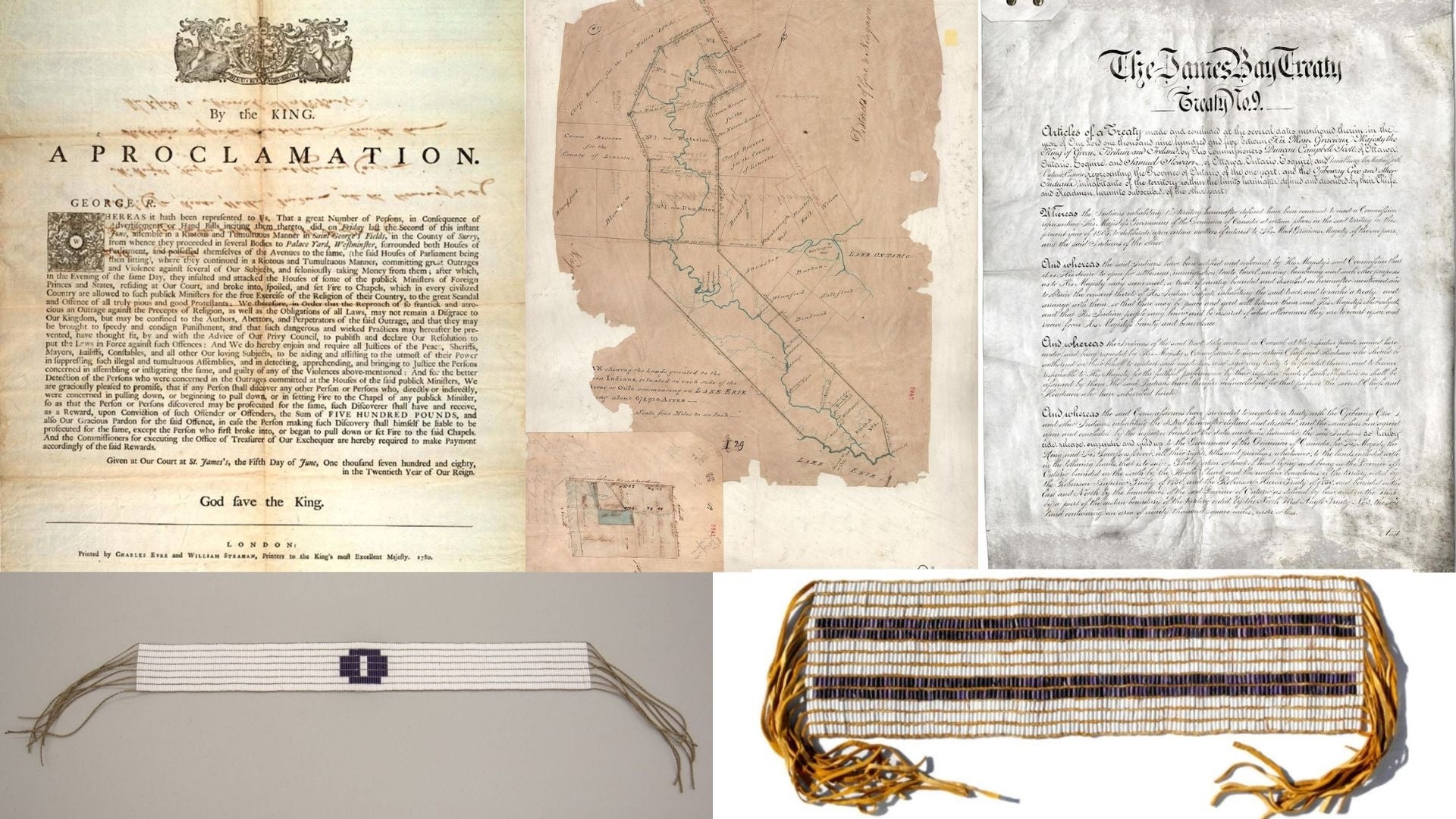
"The week beginning on the first Sunday in November in each year is proclaimed as Treaties Recognition Week." - Ontario Bill 207, Treaties Recognition Week Act, 2016.
Treaties Recognition Week honours the importance of treaties and is intended to promote educational opportunities surrounding treaty rights and relationships. Learning about our collective treaty rights and responsibilities, fosters greater understanding and nurtures relationships between Indigenous and non-Indigenous people.
Treaties Recognition Week also represents one of many steps on the path of healing and reconciliation. This legislation was launched in response to the Truth and Reconciliation Commission’s Calls to Action, specifically Call to Action 10.vii.-Respecting and honouring Treaty relationships.
Learn more about Treaties Recognition Week here.
Celebrating Latin American Heritage month
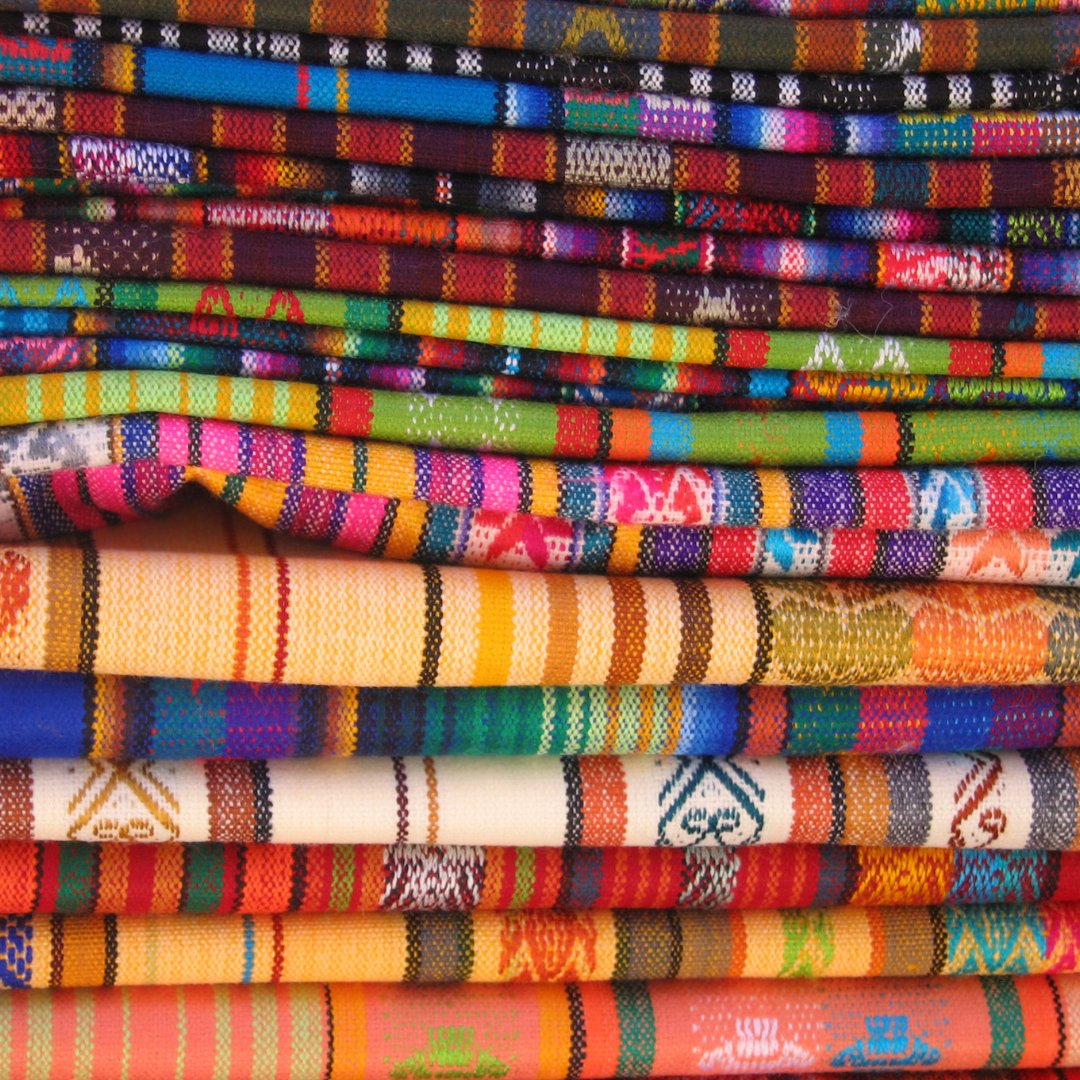
October was Latin American Heritage month. Latin American immigrants and their communities continue to play a key role in the social, economic, political, and cultural fabric of Canada. This is an occasion to honour the contributions and share the achievements of Latin Americans in Canada.
Latin American Heritage month is also an opportunity to explore the shared legacy of colonialism in Canada and Latin America, reflect on the common challenges posed by coloniality today and foster productive Inter-American dialogues for reciprocal solidarity.
Read the entire article here.
Student feature
Meet Rafael Ponciano, 4B Honours Spanish student
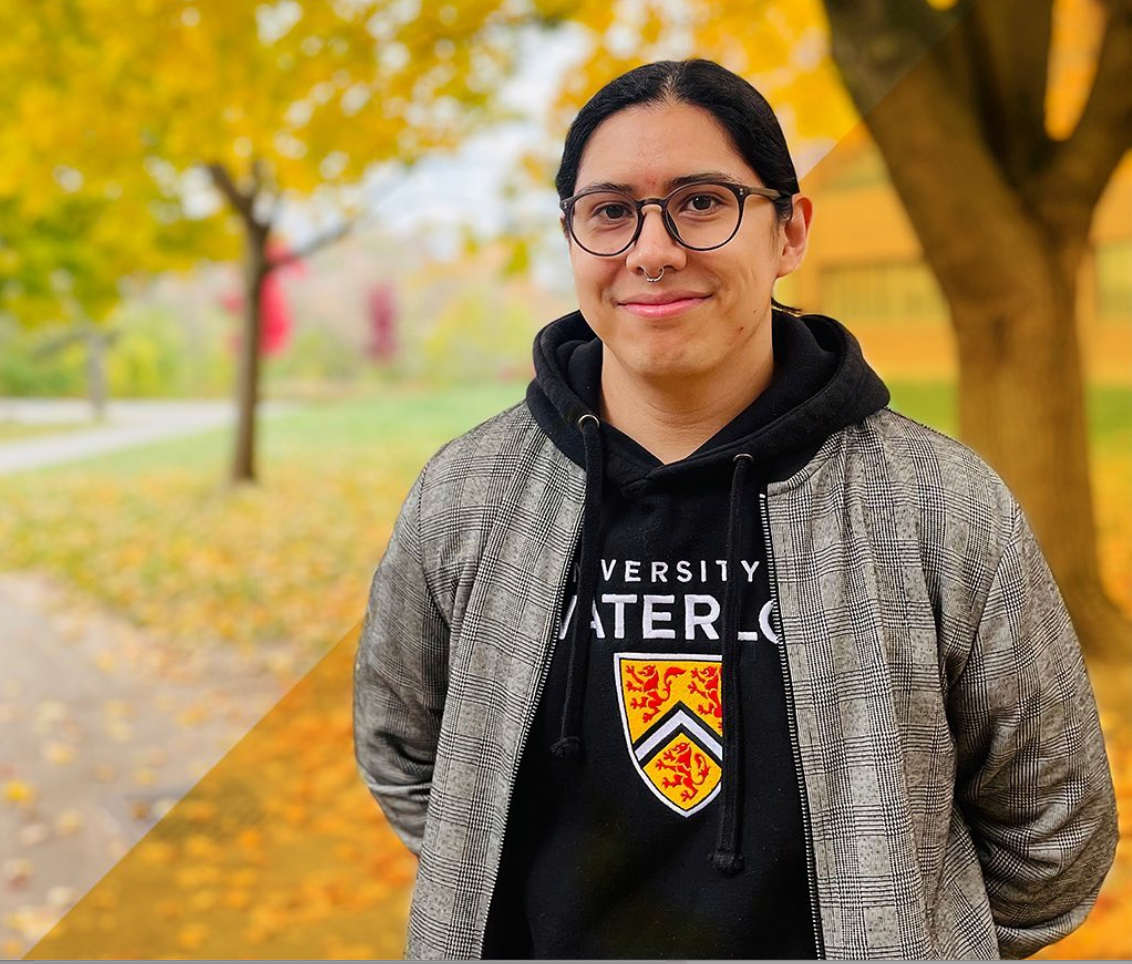
Originally published on UWaterloo Life Instagram Stories
Rafael was recognized as a student doing meaningful and impactful work in relation to Spanish and Latin American studies. He shares thoughts on what Latin American Heritage month means to him in this Q and A with UWaterloo Life.
What does Latin American Heritage Month mean to you?
I came to Canada when I was 11, from Guatemala, and the whole idea of a heritage month seemed strange to me. But then I realized that growing up here I slowly was losing my identity, as an immigrant. Latin American Heritage month reminds me and others that there are different lives and lived experiences around you.
How do you tie your heritage into your work/studies?
Part of coming to Canada and immigrating at a young age was becoming part of a community which means learning the language & customs. I decided to major in Spanish to rediscover my roots because I lost a lot of the language and nuances that came with life experience in Latin America.
How are you personally celebrating this month?
This month isn’t any different than any other month for me, at least not at home. At home, it's always like you open a door and you’re in a little slice of Guatemala. Entering home is pretty much being in your heritage, it’s a good way to carry on celebrations of heritage throughout the year.
Is there something specific you hope other students could learn more about Latin American Heritage?
You don't require prior knowledge of Spanish to take most courses about Latin American history and culture. This opens doors for more students to be able to take the courses and learn. I suggest if you’re interested, take courses with the Department of Spanish and Latin American studies. Also, taking part in extracurricular activities on campus like Salsa club.
Is there anything else you would like to share with us and our student followers that we didn’t touch on?
I’m hoping to study the ability we have, to use someone’s pronouns in English without changing too much of the spoken language, in comparison to a gendered language like Spanish. It’s important to respect someone’s identity with the language we use, especially as we take Spanish courses.
Meet Adanna Amechi, Engineering student, founder of The President Braids, and a winner of the Velocity $5k pitch competition
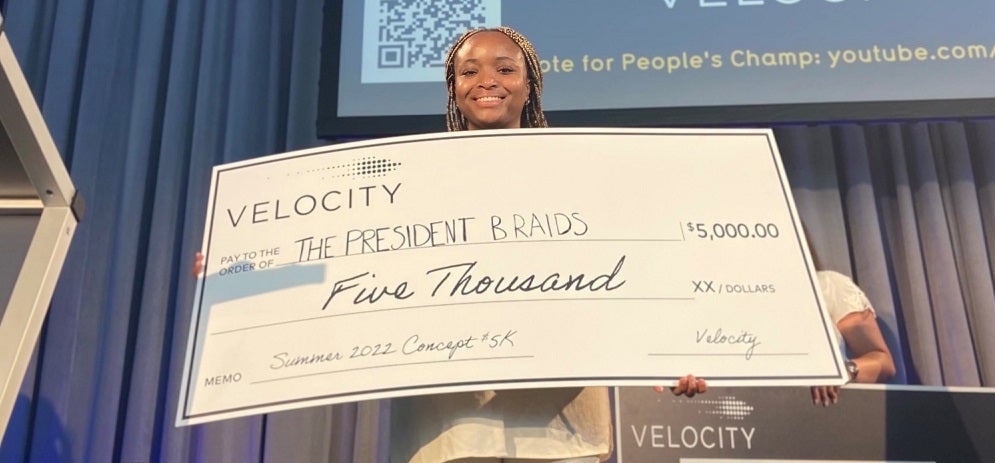
Adanna Amechi, a third-year engineering student from Nigeria, discusses the history and significance of braids in Black culture and why she created a start-up to train more stylists on the Beyond the Bulletin podcast.
Listen to The President Braids Pitch.
Staff feature
Meet Dr. Sandra Lopez- Rocha, Intercultural Learning Specialist at the Student Success Office
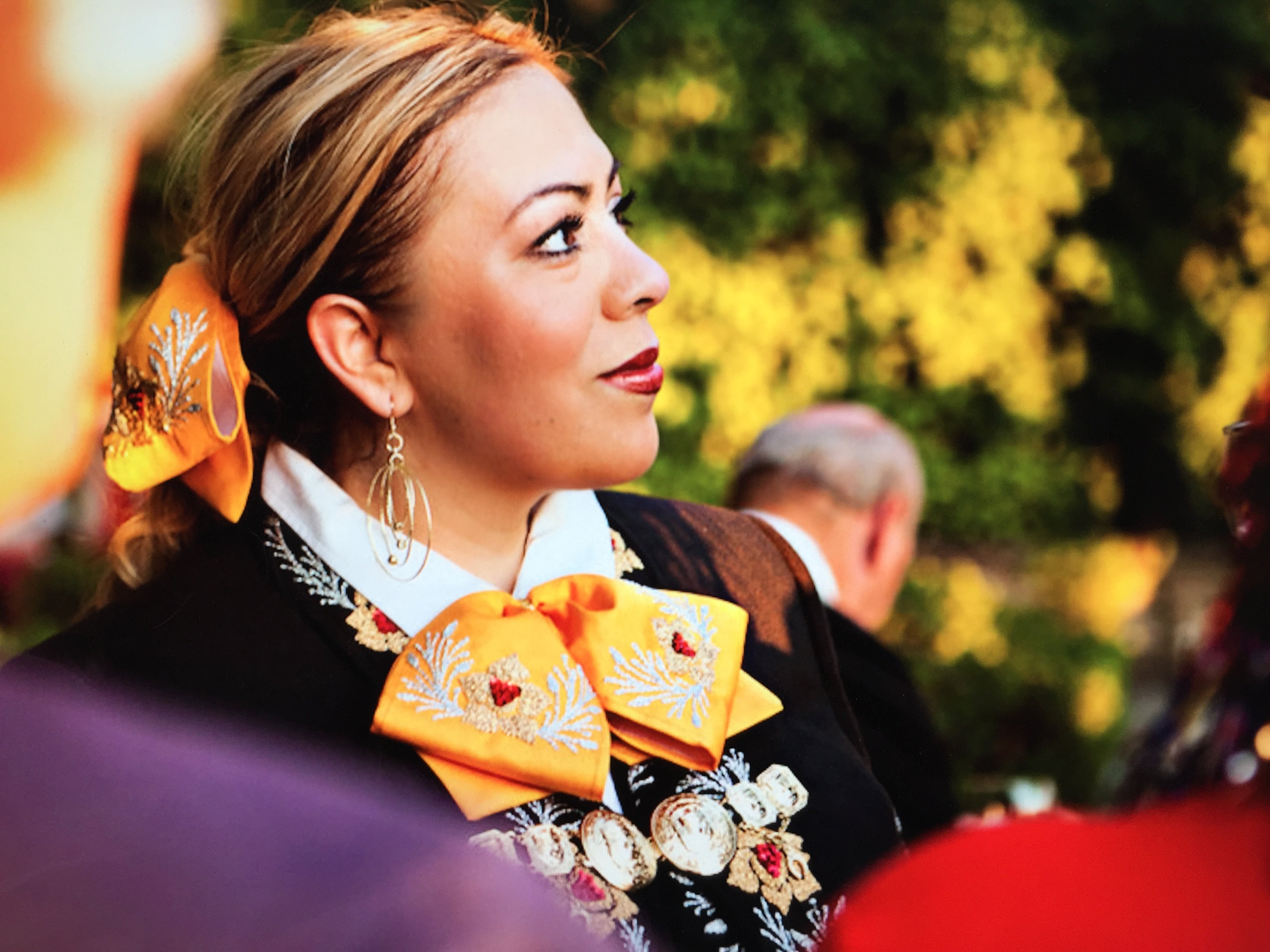
Latin American Heritage Month, celebrated in the month of October, is an opportunity to showcase the diversity of peoples within and across the Spanish-speaking world. The Catalyst is pleased to feature Dr. Sandra Lopez- Rocha, Intercultural Learning Specialist at the Student Success Office (SSO).
Born in Mexico, Dr. Lopez- Rocha has been working in the field of intercultural learning since the mid 1990s, at a time when the field experienced exponential growth. Since then, she has accumulated a wealth of both professional and academic knowledge on the subject matter. After completing an MA in Intercultural Communication and a PhD in Language, Literacy, and Culture at the University of Maryland Baltimore County, she ambitiously pursued a second PhD in Social Anthropology in the United Kingdom.
Read the entire article on Waterloo News.
Alum feature
“Go Mommy”
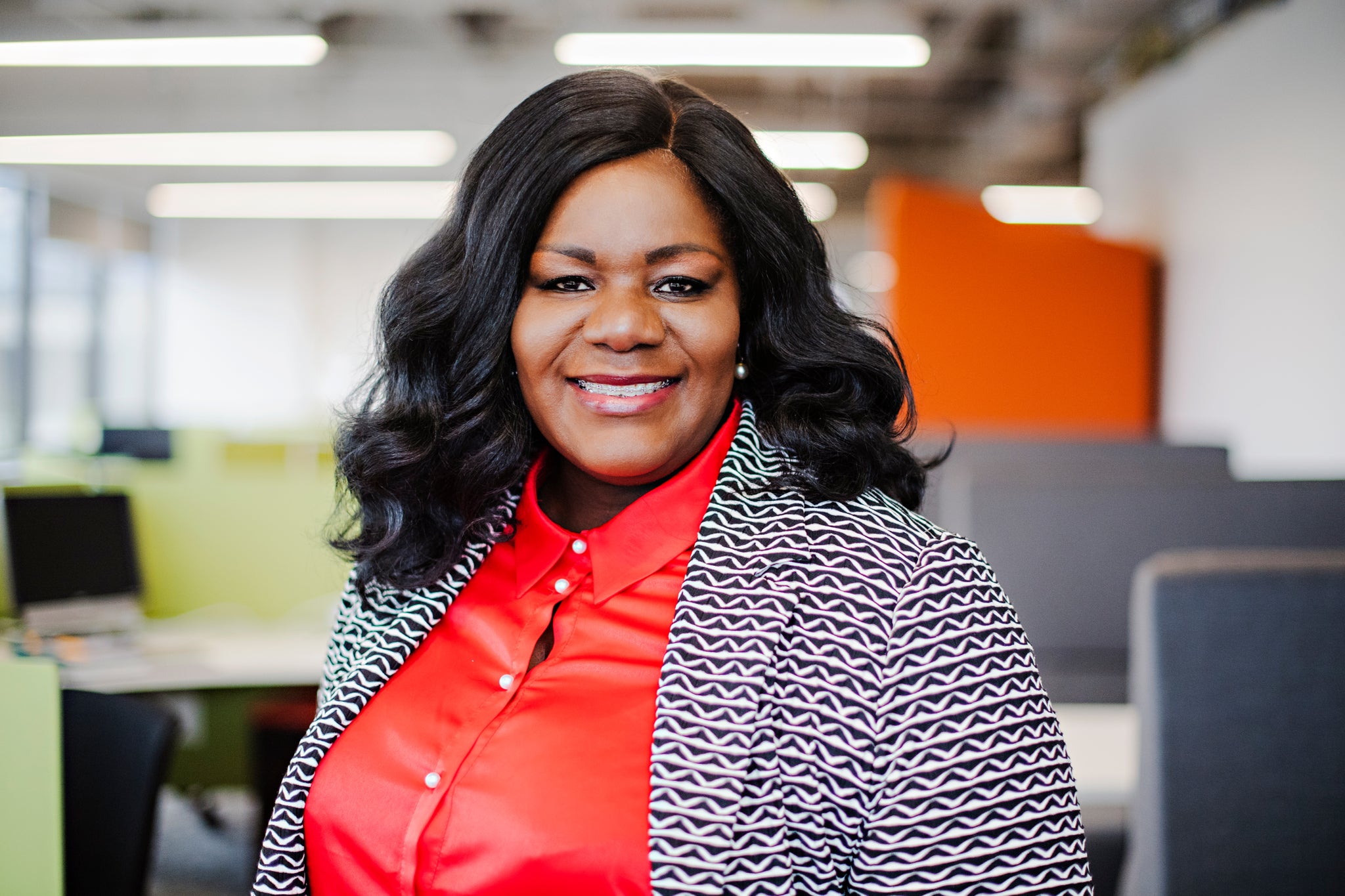
Originally published in the Fall Magazine
Tracelyn Cornelius (MEB ’21, PhD in progress) is the anti-racism communications manager in the University’s central communications unit. She is also a PhD student in the Sustainability Management program in the School of Environment, Enterprise and Development (SEED).
As a full-time employee, mature part-time student and mother of three, I often question whether my decision to embark on PhD studies was a wise one. Reflecting on the numerous nights and weekends dedicated to reading, completing assignments, and participating in study groups, I wonder, “Is the commitment of time and energy really worth it?”
Read the entire article here.
Our options for saving the Earth are becoming riskier

Originally published in February 2021 by the Faculty of Environment
With everything else going on, it’s easy to forget the climate crisis. Juan Moreno-Cruz, a researcher in the Faculty of Environment and a Canada Research Chair in Energy Transitions, has a not-so-gentle reminder.
“Climate change is still out there and it’s only getting stronger,” he says, stressing that hopes for a co-ordinated effort in reducing emissions are vanishing. Riskier solutions to manage climate change should now be on the table.
“I actually hate when people say, ‘climate solution,’” Moreno-Cruz says, who arrived at the University of Waterloo via his native Colombia. At each stop in his academic career, this engineer-turned-economist became obsessed with looking at a problem that will be with us, “essentially for the rest of time — there are no so-called solutions at the moment. At this point, we are not problem solvers, but problem managers.” \
Read more here.
Bulletin Board
Indigenous Speakers Series presents Talena Atfield
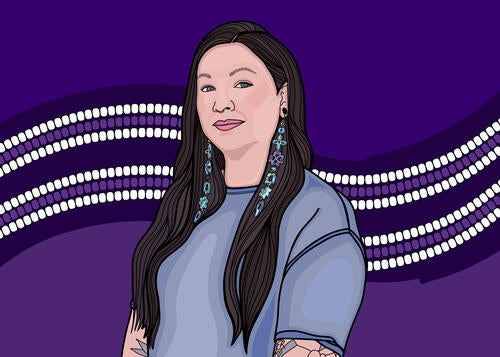
The Indigenous Speakers Series is honoured to present Dr. Talena Atfield, member of the Kanien’kehá:ka Nation of the Six Nations of the Grand River. Focusing on her work with Hodinohso:ni basket weavers, Dr. Atfield will speak about Western notions of the origins of Indigenous artistic practices versus the importance of arts and creation within the community.
Learn more here.